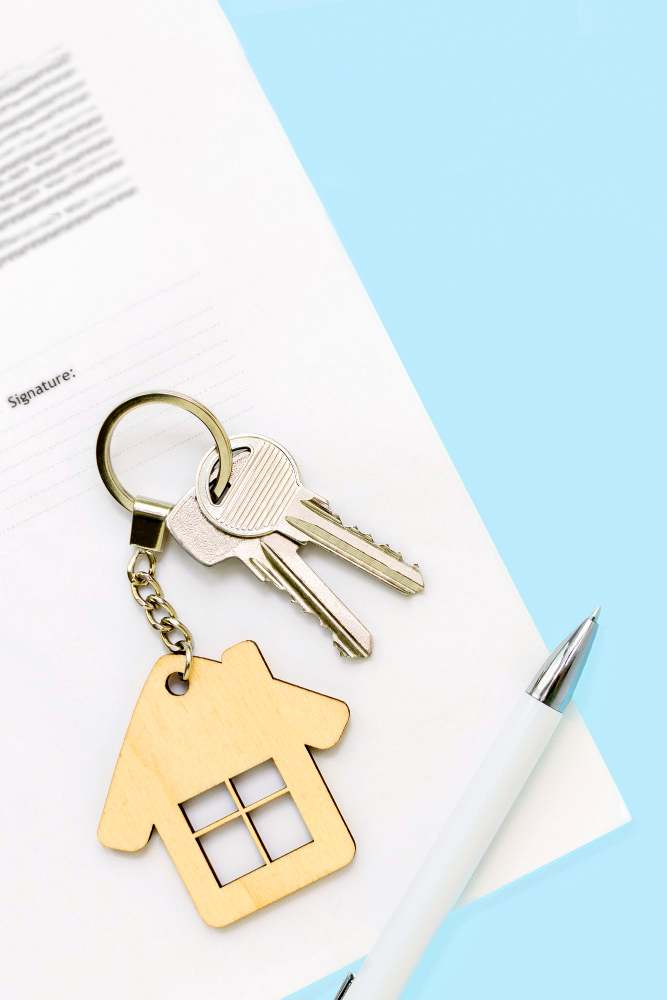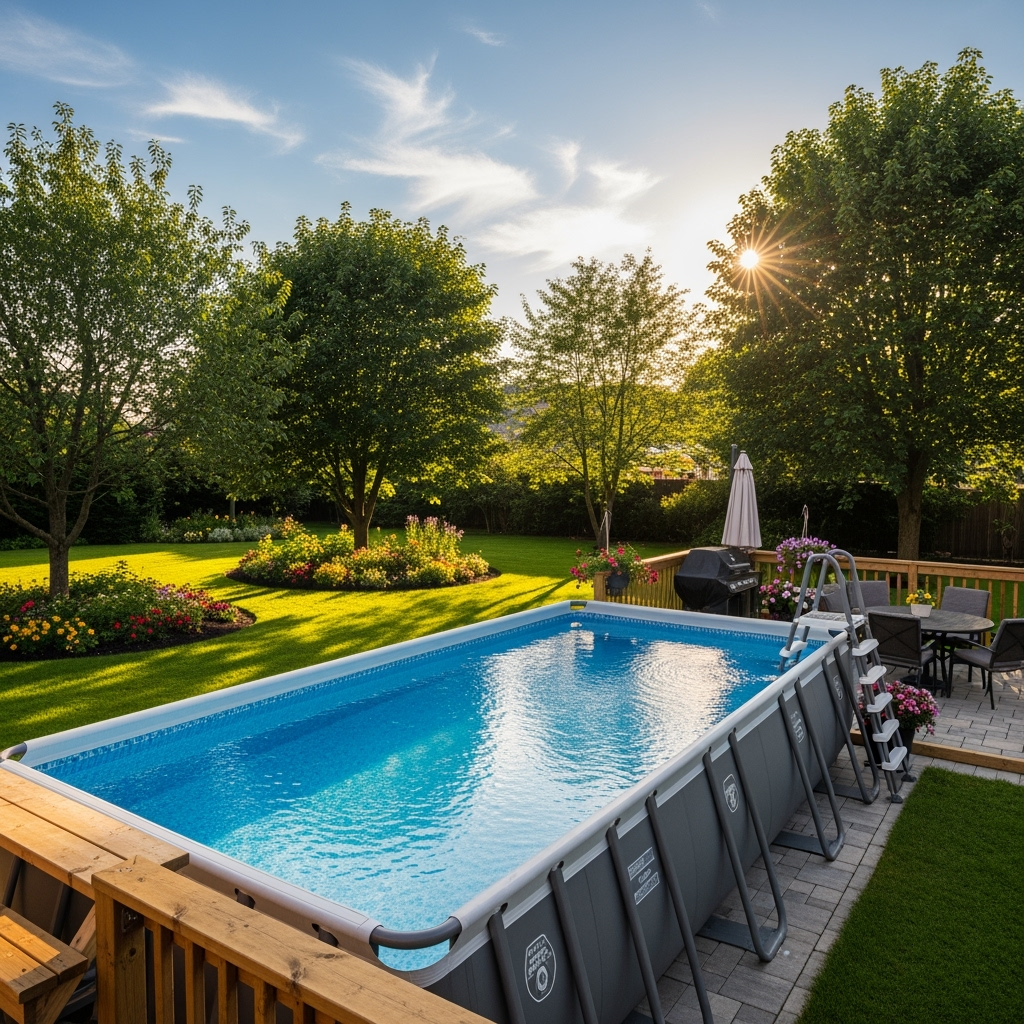Last updated on
House hunting is a thrilling journey that involves a blend of excitement, anticipation, and careful decision-making. From open houses that offer glimpses into potential homes to the final steps of closing deals, mastering the art of house hunting requires a strategic approach and attention to detail.
Whether you’re a first-time homebuyer or a seasoned real estate investor, the process can be both exhilarating and overwhelming. This article delves into the comprehensive aspects of successful house hunting, covering everything from conducting thorough research to navigating open houses, evaluating properties, and finally, sealing the deal with confidence.
What's Inside
Doing the Research: Foundation for Success

Before embarking on your house-hunting adventure, it’s crucial to lay a solid foundation by conducting thorough research. This initial step sets the tone for the entire process and helps you define your preferences, requirements, and budget constraints.
Start by assessing your financial capabilities and obtaining pre-approval from a lender. This not only provides you with a clear budget but also signals to sellers that you are a serious buyer.
Next, outline your priorities – do you value location, size, or specific amenities? As seen at www.viewhomes.ca/, you can leverage online platforms and real estate websites to explore market trends and gather insights about neighborhoods, property values, and market dynamics.
Engage with local real estate agents and tap into their expertise to gain a deeper understanding of the market. Armed with this research, you can confidently move forward in your house-hunting journey.
Navigating Open Houses: Exploring Your Options

One of the exciting phases of house hunting is attending open houses. These events provide a unique opportunity to step inside potential homes, get a feel for the space, and visualize your life within those walls.
However, attending open houses requires a systematic approach to ensure you make the most of your time and gain valuable insights. Start by creating a schedule of open houses in your target neighborhoods. Plan the route efficiently to minimize travel time and maximize your exposure to potential properties.
As you visit each open house, come prepared with a checklist that includes your must-haves and deal breakers. Take notes, photos, and even videos to capture your impressions and details about each property.
Engage with the listing agent to gather additional information about the property and its history. Remember, open houses are not only about evaluating the property itself but also about assessing the neighborhood, its amenities, and the overall vibe.
Evaluating Properties: Beyond the Surface

As you narrow down your options from open house visits, the next step is to dig deeper into the properties that have captured your interest. This involves a comprehensive evaluation that goes beyond the surface-level appeal.
Start by considering the property’s condition – both its current state and potential for future improvements. Are there any immediate repairs or renovations needed? Factor in the cost of these updates when determining if a property aligns with your budget.
Additionally, consider the property’s long-term value. Research the historical price trends in the area and forecast the potential for appreciation. Evaluate the layout and functionality of the space – does it meet your lifestyle needs?
If you’re torn between multiple options, create a pros and cons list to objectively compare each property. Involve a trusted friend or family member in these discussions to gain a fresh perspective. Remember, house hunting is not just about finding a place to live; it’s about investing in your future.
Closing the Deal: Sealing the Agreement with Confidence

The culmination of your house-hunting journey is the exciting yet nerve-wracking process of closing the deal. This is the moment when your careful research, meticulous evaluation, and strategic planning come together. Start by working with your real estate agent to craft a competitive offer that takes into account market conditions and the property’s value.
Negotiation skills come into play here, as you aim to secure a deal that aligns with your budget and preferences. Once the offer is accepted, conduct a thorough home inspection to identify any hidden issues that might have been missed during open houses.
If necessary, negotiate repairs or adjustments based on the inspection results. Simultaneously, work closely with your lender to finalize the mortgage details and ensure a smooth financial process. Finally, review all the legal documents with a fine-tooth comb before signing on the dotted line.
Your real estate agent and attorney can guide you through this process, ensuring that all legalities are in order. With careful attention to detail, you can confidently close the deal, knowing that you’ve made an informed and well-considered decision.
Mastering the art of house hunting is a multifaceted endeavor that requires a combination of research, strategy, and thoughtful decision-making. From conducting thorough research to attending open houses, evaluating properties, and ultimately closing the deal, each step contributes to the success of your journey.
Remember that research lays the foundation for your entire house-hunting process, providing you with insights into the market and your own preferences. Navigating open houses is an exciting opportunity to explore your options, while evaluating properties requires a keen eye for detail and a focus on long-term value.
Finally, closing the deal involves negotiation, due diligence, and a thorough review of legalities. By approaching each step with careful consideration, you can embark on your house-hunting journey with confidence, knowing that you are equipped to find a home that aligns with your dreams and aspirations.




